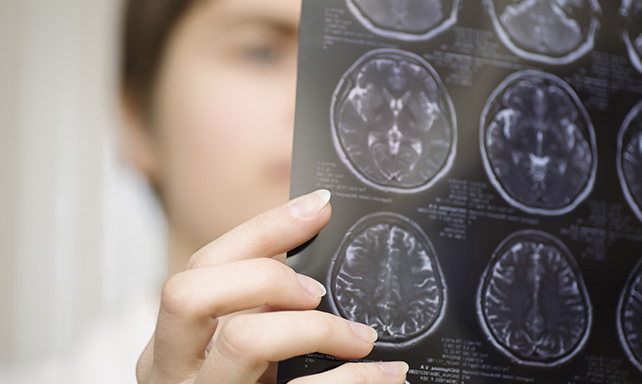The benefits of electroconvulsive therapy (ECT)

ECT is a highly effective treatment, and clinically endorsed internationally and nationally for patients with severe mental illness. Here's what you need to know.
Electroconvulsive therapy (ECT) is portrayed as barbaric or crude in films. However, in a holistic and caring environment, ECT is delivered in a safe and secure theatre setting under general anaesthesia. It has been used as a highly effective treatment for patients suffering from mental illnesses, such as depression, bipolar disorder and schizophrenia, that have had little success with other drugs and therapies.
The Mayo Clinic reports that much of the stigma attached to ECT is as a result of early treatments in which high doses of electricity were administered without anaesthetic, leading to memory loss, physical harm (such as broken bones) and even catatonia. Today this treatment is safely administered in a secure environment by qualified and compassionate staff.
Why a patient might need ECT
ECT is used to treat severe mental illnesses and is proven to provide rapid and significant improvement, especially when other treatments have had little to no effect. ECT may be considered as a primary or secondary treatment.
As a primary (or first-line treatment) it can be used for people exhibiting syndromes such as:
- Severe major depression
- Acute mania
- Mood disorders with psychotic features
- Catatonia
A decision to use ECT as the primary therapy should be based on an evaluation of the nature and severity of acute symptoms as well as an evaluation of the risks and benefits.
ECT is most often used as a secondary treatment when a patient has shown:
- Insufficient improvement with prescribed treatment(s), which usually includes pharmacotherapy
- Intolerance to side effects of medication or other treatments
- Deterioration in condition
- Appearance of suicidality or pronounced lethargy
In the context of referral for ECT, it shouldn’t be presumed that patients who have not responded to psychotherapy alone have a treatment-resistant mental illness, regardless of diagnosis.
Is ECT really clinically safe?
Life Mental Health is committed to providing appropriate interventions in line with international best practice and is entirely opposed to the violation of patient rights. Treatment teams make every effort to ensure the patient is comfortable and the entire ECT procedure is discussed and explained to everyone involved, including the immediate family.
ECT at Life Healthcare includes:
- A dedicated, fully equipped ECT theatre
- Constant monitoring of blood pressure and pulse before, during and after the ECT procedure
- Small self-adhesive electrodes on the forehead to record the brain’s electrical activity
- An oxygen mask over the nose and mouth to prepare the body and brain for treatment
- Additional equipment depending on other medical conditions
- A short, general anaesthetic administered by a qualified anaesthetist
- An intravenous anaesthetic and muscle relaxant
The procedure
ECT should always be administered by a doctor trained in the procedure. It could take between 5 and 10 minutes, but it’s important to factor in time for preparation and recovery. Treatment teams do their best to avoid rushing through any of the steps.
The electrodes on the head transmit a measured amount of electricity to the brain, resulting in a seizure, which lasts about 1 minute. There is no pain and constant monitoring alerts the treatment team to any adverse changes. The patient may feel groggy once the drugs have worn off, but monitoring continues in a recovery room.
The side effects
As with any procedure that requires general anaesthetic, there are risks. However, modern methods have greatly improved patient outcomes and significantly decreased those risks. Common side effects of ECT are:
- Headache, nausea or vomiting
- Muscle soreness due to muscle activity from the seizure
- Temporary disorientation or confusion
- Short-term memory problems
Life Healthcare has 9 dedicated facilities in four provinces providing private psychiatric services and acute mental healthcare. Find out more about ECT or any of the other therapies and treatments offered at Life Mental Health.

